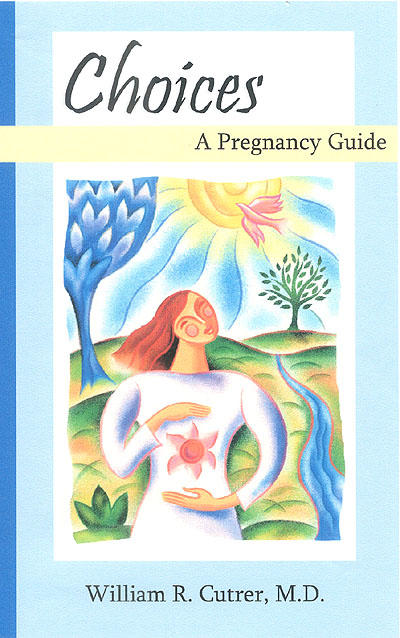This is one of the "Play Your Hand" questions for Esther Lesson #3.
Haman tossed the purim to determine the best time to slaughter the Jews in Persia. Perhaps he thought the timing was best left to chance. He played the odds. Or maybe he believed that his pagan gods would direct the pur to land on the most auspicious date for a mass murder.
Have you ever made a decision by "tossing the pur?" When I was a kid, I used to pitch wads of paper at the trash can in my room to determine if I ought to eat a peanut butter and jelly sandwich or a burrito for lunch. (As though the mighty God of the Paper Wad had a message for me regarding my destiny at the lunch table.) My brothers and I spent huge amounts of time calling "heads" or "tails" as we flipped nickels into the air. I played "Engine Engine Number 9" and "Eeny Meeny Miney Moe" on the playground to figure out which square I got in the four square game. M.A.S.H. games on the classroom chalkboard would tell who I was going to marry and how many kids I'd have. Cootie catchers and jump rope songs. If you think back over your own life, I'm sure you'll come up with a surprising number of ways in which you innocently played the odds regarding the small matters of life.
As I've gotten older and grown in my Christian walk, I hope I can say that I no longer rely on luck and chance to determine my direction in life. My faith has become, well, faith. I trust in more than a flipped nickel or a rhyming playground song. Or a ballot with a dangling chad. Or a medical test with a small margin of error. Or an insurance policy. Or the new study that says eggs are bad for me. Or the other one that says an egg is the healthiest thing I could ever hope to eat. (So which is it, guys?!)
"Now hope does not disappoint because the love of God has been poured out in our hearts by the Holy Spirit. And we were saved in this hope, for hope that is seen is not hope, for why does one still hope for what he sees? For if we hope for what we do not see, we eagerly wait for it with perseverance." Rom. 5:5 and 8:24-25
This is Paul's winding and wordy way of saying that we live our lives by faith in Christ rather than by faith in the "pur". As Christians, we ought to place no stock in what is seen in this world. Our circumstances, the "proofs", the wisdom of men, the lab's test results, the tally at the end of election day... it is all destined to lead us astray and to disappoint. But if we put our hope in the things we will not see until the great hereafter, we are guaranteed not to be disappointed. There are so many things in this life that clamor for our trust and hope. So many things that look trustworthy. Worthy of the investment of our heart and soul.
Haman trusted in the purim he tossed that day. We are trusting in the sovereign God who's hand controls even Haman's purim.
Tuesday, November 29, 2005
Friday, November 04, 2005
Clay Pots
 I was admiring the new paint job in my niece's room when my eye caught on what looked like a newspaper clipping. Something about it looked familiar, so I moved closer to see it. Suddenly, I realized it was a short piece I had written for the magazine I edit. I didn't even know my niece read that magazine!
I was admiring the new paint job in my niece's room when my eye caught on what looked like a newspaper clipping. Something about it looked familiar, so I moved closer to see it. Suddenly, I realized it was a short piece I had written for the magazine I edit. I didn't even know my niece read that magazine!As I scanned the clipping, I realized why it was meaningful to her--probably for the same reason its truth had been meaningful to me. During a time in my life when I really wondered why God should use me despite my failures, I compiled a list of imperfect people God used greatly. Esther wasn't on that list, but she could have been.
If, like me, your prayer life isn't what it should be, you can't seem to stay away from chips, and you wish you were more patient with the people you love, know you're far from being beyond "usability." Here's my list:
Noah got drunk.
Abraham lied about his wife.
Jacob was a swindler.
Moses stuttered.
He also had a short fuse.
Hosea’s wife was a prostitute.
David committed adultery.
Solomon had a bunch of wives.
The woman at the well had a bunch of husbands.
Naomi was a widow.
Sarah was too old.
David was too young.
Peter was afraid of death.
Lazarus was dead.
Miriam was a gossip.
John the Baptist was a loudmouth.
Jonah ran away from God.
Thomas doubted.
Jeremiah got depressed.
Elijah got burnt out.
Martha was too busy.
Timothy had stomach problems.
John Mark was rejected by the apostle Paul.
Moses was a murderer.
So was David.
So was Paul.
“But we have this treasure in jars of clay to show that this all-surpassing power is from God and not from us.” 2 Corinthians 4:7
Can you think of others? If so, add them!
For further study: Dr. Tom Constable, a professor at Dallas Seminary, has compiled extensive notes on the Book of Esther. He makes his notes available online for free. You can access the .pdf file by following this link: Constable notes
Subscribe to:
Comments (Atom)













